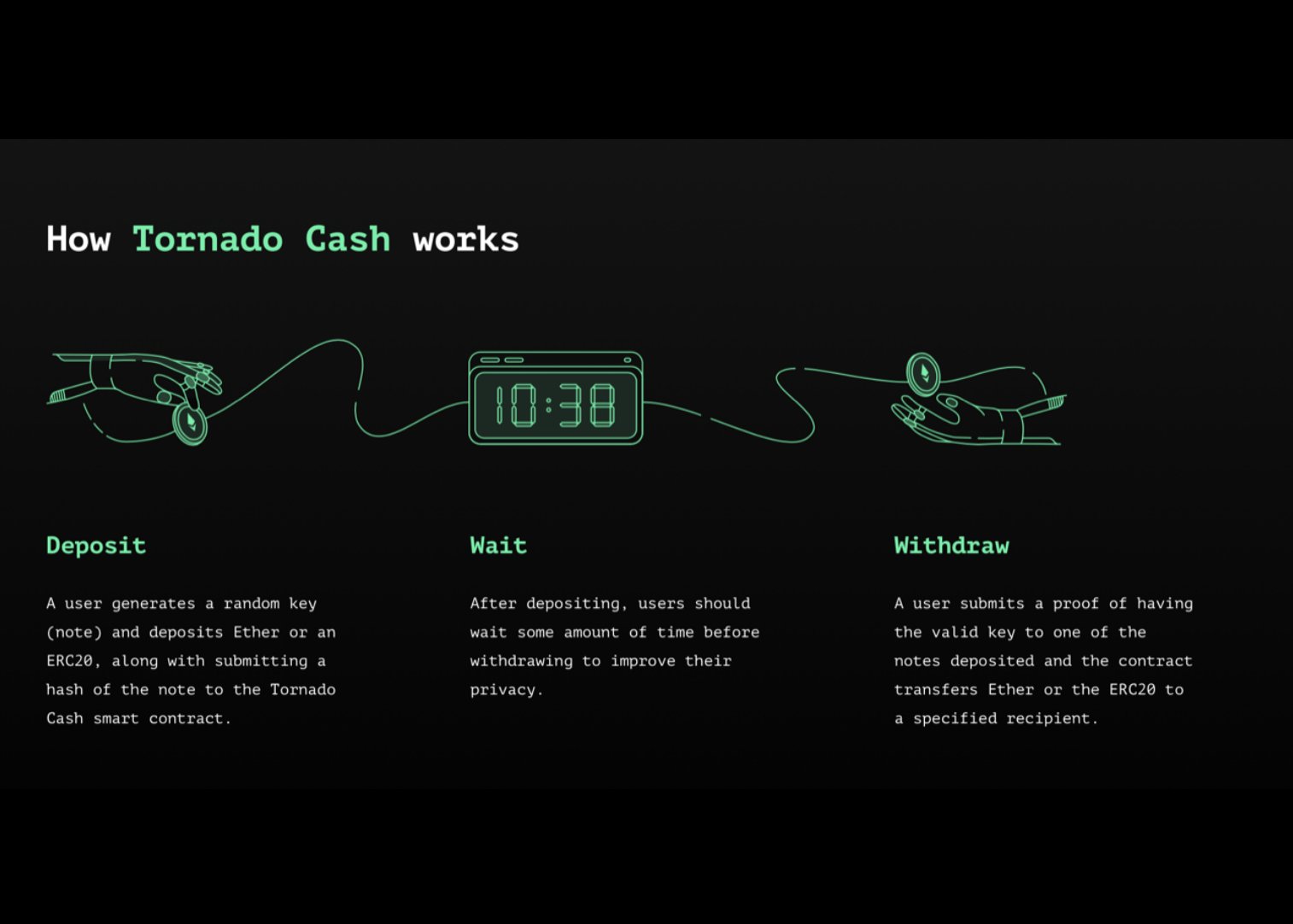Thread
1/ It was only months ago that a leader of a G7 democracy granted himself temporary dictatorial powers, retroactively made protesting against his policies illegal, froze the bank accounts of dissidents with no due process, and jailed organizers of an opposition movement.
2/ When such events occur in places like Russia or China, people in the West are universal in their condemnation. When they happen here, many first consider whether the aspiring totalitarian is “on their team” before casting judgment. This is shortsighted thinking.
3/ At the height of Canadian Prime Minister Justin Trudeau’s crackdown against the Freedom Convoy, a particularly disturbing incident occurred which has since been mostly forgotten. The protestors were being funded in part by online donation campaigns. Not for long.
4/ In a subsequent coincidence that couldn’t possibly involve the resources of the Canadian intelligence community, the crowdfunding site GiveSendGo was “hacked,” and the personal details of some 92,000 donors to the Freedom Convoy were leaked online.
5/ Instead of inquiring into how the hack occurred or who was behind it, many Canadian reporters harassed the donors in a grotesque display of journalistic malpractice. The message from Trudeau was clear: donate to the wrong people and we’ll ruin your lives.
6/ Not satisfied with freezing funds donated using traditional fiat currency, the Trudeau government also ordered all regulated financial firms to cease facilitating any transactions from dozens of crypto wallets sending funds to the trucker-led protests.
7/ Now, let’s consider a resulting hypothetical. Imagine a US citizen who wants to donate to a cause she supports. Wary of the changing tides in Washington, and aware of how opposition donations were handled in Canada, she is determined to donate in a discreet manner.
8/ The organization she wants to support accepts cryptocurrencies, but she is hesitant to use her main wallet because it holds the bulk of her holdings, and losing access to those assets would be financially devastating.
9/ Enter crypto mixers, cleverly designed decentralized protocols for making transactions on the blockchain more private. In this example, our concerned citizen could send $500 worth of crypto to a mixer in return for a randomized key known only to her.
10/ She could then separately create a new wallet, send her unique key to the mixer from it, and receive her crypto back. Armed with this “clean” crypto – unassociated with her other assets and much more difficult to tie to her identity – she comfortably makes her donation.
11/ The authorities would be able to see that she sent $500 worth of crypto to a mixer, but it would be almost impossible to discover what she did with it. In the US, privacy is a form of protected speech – it was never intended for the government to know everything about you.
12/ Of course, there is a fine line between the legitimate need for privacy in financial transactions and criminal money laundering, and crypto mixers cannot distinguish between the two. This makes them particularly popular among criminals.
13/ In August, the US Department of Treasury banned all Americans from using decentralized crypto-mixing service Tornado Cash. As a result, all US persons and entities are now prohibited from interacting with this particular piece of software, and many saw their assets frozen.
14/ While we were not surprised to see the government take action – we have been anticipating regulatory moves in crypto for some time – these particular sanctions raise troubling technical, legal, and constitutional questions.
15/ The broad nature of the enforcement action makes it susceptible to all manner of unintended consequences, some of which are already playing out. Sanctioning Tornado Cash could be the first step toward gutting the entire cryptocurrency industry.
16/ With its action against Tornado Cash, the US Department of Treasury is effectively sanctioning inanimate software rather than individuals or corporate entities. By punishing everyone who used Tornado Cash, countless innocent people are being punished.
17/ As pointed out in this thread, criminals use our highways, but we would never forbid the entire country from using a particular stretch of road simply because criminals leverage access to it to facilitate their illegal acts:
18/ As if to personify Tornado Cash, authorities in The Netherlands arrested one of its suspected developers for “facilitating money laundering” shortly after the sanctions were announced. The arrest itself poses many hard questions.
19/ Creating a crypto mixer is a relatively simple exercise. What drew attention to Tornado Cash was the number of people who decided to use it, something the original architects might have been hoping for but certainly could not have predicted in advance.
20/ Are the programmers that developed all other crypto-mixing technologies also at risk of arrest, or is this a case of selective prosecution meant to obfuscate the precedent-setting nature of the sanctions against a piece of software?
21/ If creating software that could be used by criminals is itself now considered a crime, where does that line of logic lead us? How much crime do web browsers and data storage centers facilitate?
22/ Further complicating matters is the fact that the sanctions are strict liability, which means intent does not matter. The mere act of receiving ETH from a sanctioned Tornado Cash wallet is a criminal violation. One blinking-red problem: one can’t reject such transactions.
23/ If we take the precedent imprinted here a small step forward, the implications become enormous. The Lightning Network shares some of the same characteristics as crypto mixers, as flows out of the network are not directly traceable to the flows in. Is it next? We suspect so.
24/ The US Department of Treasury uses countless laws and regulations to attempt to see every monetary transaction on Earth. Once the precedent of sanctioning software is cemented into law, tools like the Lightning Network will be next, followed by cryptocurrencies altogether.


